Regulation
Judge Dismisses Most Ripple Claims, One Goes to Trial

Ripple has secured a procedural victory as a judge dismissed several claims in the Oakland class action lawsuit.
The U. S. District Court for the Northern District of California granted Ripple’s motion for summary judgment on federal class claims for unregistered securities and state law securities claims.
Dismissal of Ripple Federal and State Law Claims
Judge Phyllis Hamilton tossed out most of the class action claims against Ripple. Both the federal class claims for unregistered securities and the state law securities claims were dismissed, which is a procedural victory for Ripple.
However, the dismissal did not address the fundamental question of whether XRP is a security.
Ripple’s Chief Legal Officer, Stu Alderoty, showed his satisfaction with the court’s decision and said,
“We are glad that the California court has dismissed all the class action claims. The only individual state law claim that has been left will be addressed in the trial.”
XRP Security Status to Be Decided by Jury
However, the court stated that the status of XRP as a security is still uncertain even with the procedural wins. The court stated that it is for a jury to decide whether all three prongs of the Howey test are satisfied.
Besides the class action, another civil securities lawsuit against Ripple CEO Brad Garlinghouse will also go to trial. In this case, the court denied part of Ripple’s motion for summary judgment on the claim that Garlinghouse sold unregistered securities in 2017. The plaintiff alleges that Garlinghouse lied about being “very, very long XRP” while dumping millions of XRP on various exchanges.


However, legal expert Fred Rispoli noted on X that the likelihood of a settlement is high, given the low damages and potential negative jury verdict for Ripple if the plaintiff wins. Rispoli also stressed that the question as to whether XRP is a security or not remains unanswered and noted that federal legislation is required to address this issue.
The class action is now over at the district court level. As to whether XRP is a security, however, the Court held it is for a jury to decide whether all three prongs of the Howey test are met. That claim, a individual claim by one plaintiff, will go to trial (though…2/4
— Fred Rispoli (@freddyriz) June 20, 2024
Ripple’s attorneys stated that XRP does not fit the Howey Test’s definition of a security and therefore, the case should be thrown out. Nevertheless, Judge Hamilton decided that the case should proceed to trial and held that it cannot be decided as a matter of law that Ripple’s conduct would have led a reasonable investor to expect profits because of the company’s efforts.
Motions to Seal and Upcoming Deadlines
At the hearing, the court ordered both parties to reconsider their motions to seal any part of the briefs on the basis of the court’s decision to deny their motions. Both the parties have filed their unredacted briefs and have also moved the court to allow them an extra three weeks to file a motion to seal some of the exhibits they have used.
The court allowed this and set the new deadline to file the motion to seal with the narrowed grounds to July 8, 2024. As for the motion to seal, a separate order will be issued regarding the narrowed motion.
However, Judge Hamilton’s ruling is different from that of U.S. District Court Judge Analisa Torres in the Southern District of New York who held that XRP was not a security when sold to retail investors because it did not meet all the elements of the Howey Test.
Read Also: Jeremy Hogan Predicts No Clear SEC Win in Ripple Case Appeal
The presented content may include the personal opinion of the author and is subject to market condition. Do your market research before investing in cryptocurrencies. The author or the publication does not hold any responsibility for your personal financial loss.
Regulation
US SEC Acknowledges Fidelity’s Filing for Solana ETF
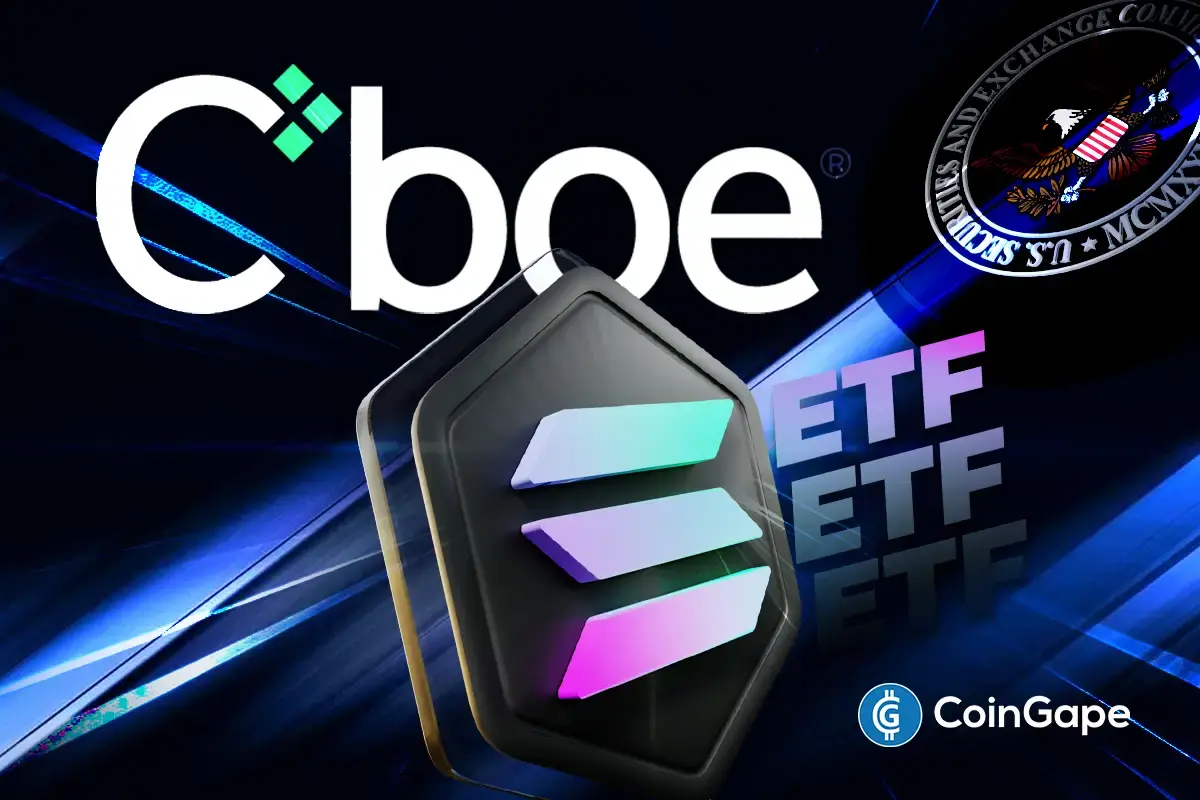
The U.S. Securities and Exchange Commission (SEC) has formally acknowledged the filing for Fidelity’s spot Solana (SOL) Exchange-Traded Fund (ETF).
This marks a key development in the financial industry, as Fidelity seeks to list its Solana ETF on the Cboe BZX Exchange. The acknowledgment comes after Fidelity submitted a proposed rule change, paving the way for the potential approval of the product.
Fidelity’s Spot Solana ETF Proposal
The SEC’s acknowledgment follows Fidelity’s filing to list and trade shares of the Fidelity Solana Fund under the Cboe BZX Exchange. The proposed rule change, initially submitted on March 25, was later amended on April 1, 2025, to clarify certain points and add additional details.
The amended proposal aims to list the Solana ETF under BZX Rule, which pertains to commodity-based trust shares. According to the Cboe BZX Exchange, Fidelity plans to register the shares with the SEC through a registration statement on Form S-1.
Fidelity’s experience with crypto ETFs, having launched the Fidelity Wise Origin Bitcoin Fund (FBTC) and the Fidelity Ethereum Fund (FETH), has prepared it for this new initiative. FBTC has drawn substantial interest, accumulating nearly $17 billion in assets, while FETH currently manages around $975 million.
This Is A Developing News, Please Check Back For More
Disclaimer: The presented content may include the personal opinion of the author and is subject to market condition. Do your market research before investing in cryptocurrencies. The author or the publication does not hold any responsibility for your personal financial loss.
Regulation
US Senate Banking Committee Approves Paul Atkins Nomination For SEC Chair Role

The U.S. Senate Banking Committee has voted to approve Paul Atkins’ nomination for the role of Chair of the Securities and Exchange Commission (SEC). The vote, which took place on Thursday, passed with a narrow margin of 13-11, along party lines.
Paul Atkins, nominated by President Donald Trump, now moves one step closer to taking over the top regulatory position at the US SEC.
Senate Banking Committee Approves Paul Atkins Nomination
Paul Atkins’ nomination for SEC Chair has received approval despite sharp opposition from Democratic members of the Senate Banking Committee. The vote was entirely split, with Republicans supporting Atkins and all Democrats opposing the decision.
This partisan divide highlights the contentious nature of Atkins’ confirmation, which had been under scrutiny for several reasons.
The committee’s approval now clears the path for Atkins to proceed to the full Senate for a final confirmation vote. Given the Republican-controlled Senate, it is widely expected that Atkins will secure the necessary votes to take over the SEC leadership. With Republicans holding a 53-47 majority in the Senate, the confirmation process is anticipated to move forward swiftly.
This Is A Developing News, Please Check Back For More
Disclaimer: The presented content may include the personal opinion of the author and is subject to market condition. Do your market research before investing in cryptocurrencies. The author or the publication does not hold any responsibility for your personal financial loss.
Regulation
Kraken Obtains Restricted Dealer Registration in Canada

Cryptocurrency exchange Kraken has obtained a Restricted Dealer registration in Canada. The registration comes after completing a pre-registration undertaking (PRU) process with Canadian authorities.
The exchange has also announced the appointment of Cynthia Del Pozo as its new General Manager for North America. Del Pozo will oversee Kraken’s growth initiatives in Canada.
Kraken Completes PRU Process In Canada
Kraken’s Restricted Dealer registration marks the completion of a thorough pre-registration undertaking (PRU) process with Canadian regulators. The registration places Kraken under the supervision of the Ontario Securities Commission (OSC). This oversight ensures users have access to secure crypto products within a properly regulated local ecosystem.
According to the Canadian Securities Administrators (CSA), the Restricted Dealer registration is one of eight firm registration types in Canada. This particular classification is used for firms that “do not quite fit under any other category.” It also comes with specific requirements and conditions set by securities regulators.
Kraken’s regulatory achievement comes during a period of change in the Canadian crypto sector. Just months earlier, competitor Gemini exchange announced its departure from the Canadian exchange market by the end of 2024. This was a move that surprised many and raised questions about cryptocurrency regulation clarity in the country.
Kraken Introduces New Canadian GM
Del Pozo has joined Kraken to lead its Canadian operations as the new General Manager for North America. She has nearly 15 years of experience in corporate development, operations, and fintech consulting. Del Pozo will help to guide Kraken’s expansion across Canada during this important phase of crypto’s development in the region.
“Canada is at a turning point for crypto adoption, with a growing number of investors and institutions recognizing digital assets as a vital part of the financial future. I’m thrilled to join Kraken’s mission at this critical moment, and to lead our expansion efforts, ensuring we continue to serve our clients long-term with innovative and compliant products,” said Del Pozo.
In her role, Del Pozo will focus on strengthening Kraken’s regulatory relationships and also scaling the company’s presence throughout North America.
Del Pozo also commented on the registration achievement: “This Restricted Dealer registration is testament to the high bar Kraken has always set for consumer protection, client service, and robust security. We’re excited to continue expanding our world-class investment platform and to deliver innovative products that provide real-world utility to Canadians.”
The Exchange’s Continued Growth In Canada
Over the past two years, the cryptocurrency exchange has shown steady expansion in Canada while working through the PRU process with regulators. During this period, the exchange has doubled its team size and monthly active users.
According to the official blog post figures, the firm now has more than $2 billion CAD in total client assets under custody. Kraken has also increased support for some of the most popular cryptocurrencies. It provides several CAD spot trading pairs that enable Canadians to trade crypto without paying expensive foreign exchange fees.
According to Innovative Research Group’s 2024 Investor Survey, 30% of Canadian investors currently own or have owned cryptocurrencies. Likewise, a KPMG Canada survey discovered that 30% of Canadian institutional investors now have exposure to cryptocurrencies, which means widespread adoption across investor types.
Disclaimer: The presented content may include the personal opinion of the author and is subject to market condition. Do your market research before investing in cryptocurrencies. The author or the publication does not hold any responsibility for your personal financial loss.
-
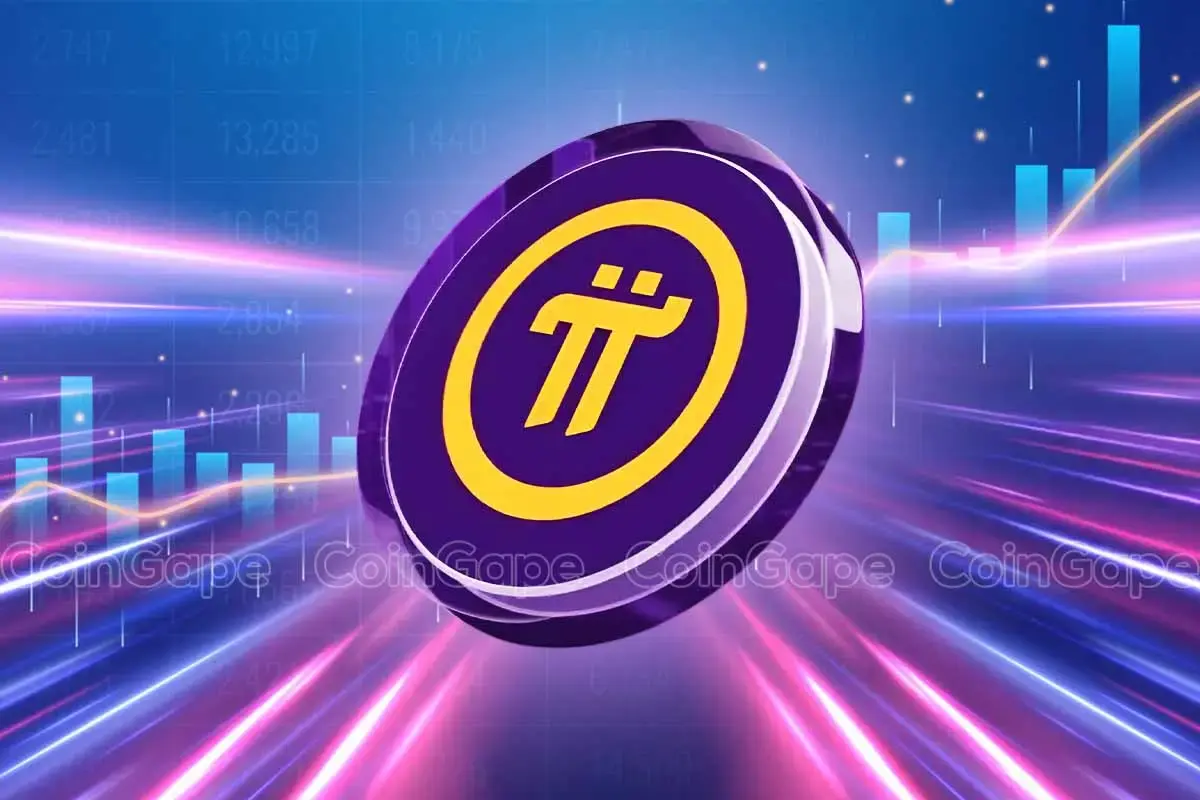
 Altcoin21 hours ago
Altcoin21 hours agoBinance Sidelines Pi Network Again In Vote To List Initiative, Here’s All
-

 Market22 hours ago
Market22 hours agoXRP Price Reversal Toward $3.5 In The Works With Short And Long-Term Targets Revealed
-

 Market18 hours ago
Market18 hours agoXRP Price Under Pressure—New Lows Signal More Trouble Ahead
-

 Altcoin18 hours ago
Altcoin18 hours agoAnalyst Forecasts 250% Dogecoin Price Rally If This Level Holds
-

 Market17 hours ago
Market17 hours agoCardano (ADA) Downtrend Deepens—Is a Rebound Possible?
-

 Market16 hours ago
Market16 hours agoEthereum Price Recovery Stalls—Bears Keep Price Below $2K
-
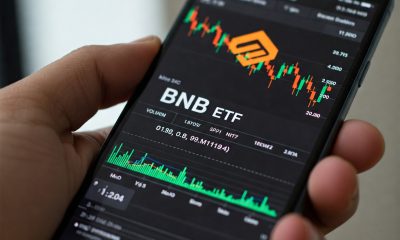
 Altcoin15 hours ago
Altcoin15 hours agoVanEck Seeks BNB ETF Approval—Big Win For Binance?
-

 Market9 hours ago
Market9 hours agoBitcoin’s Future After Trump Tariffs





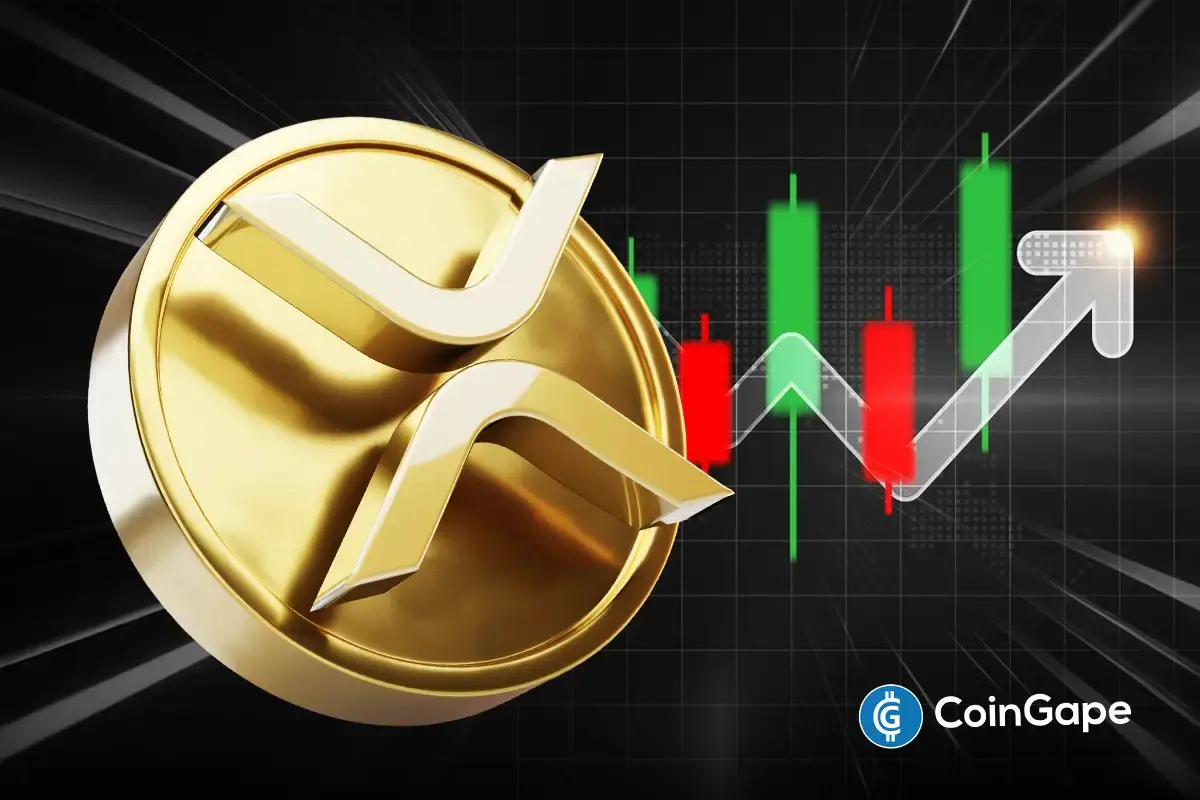


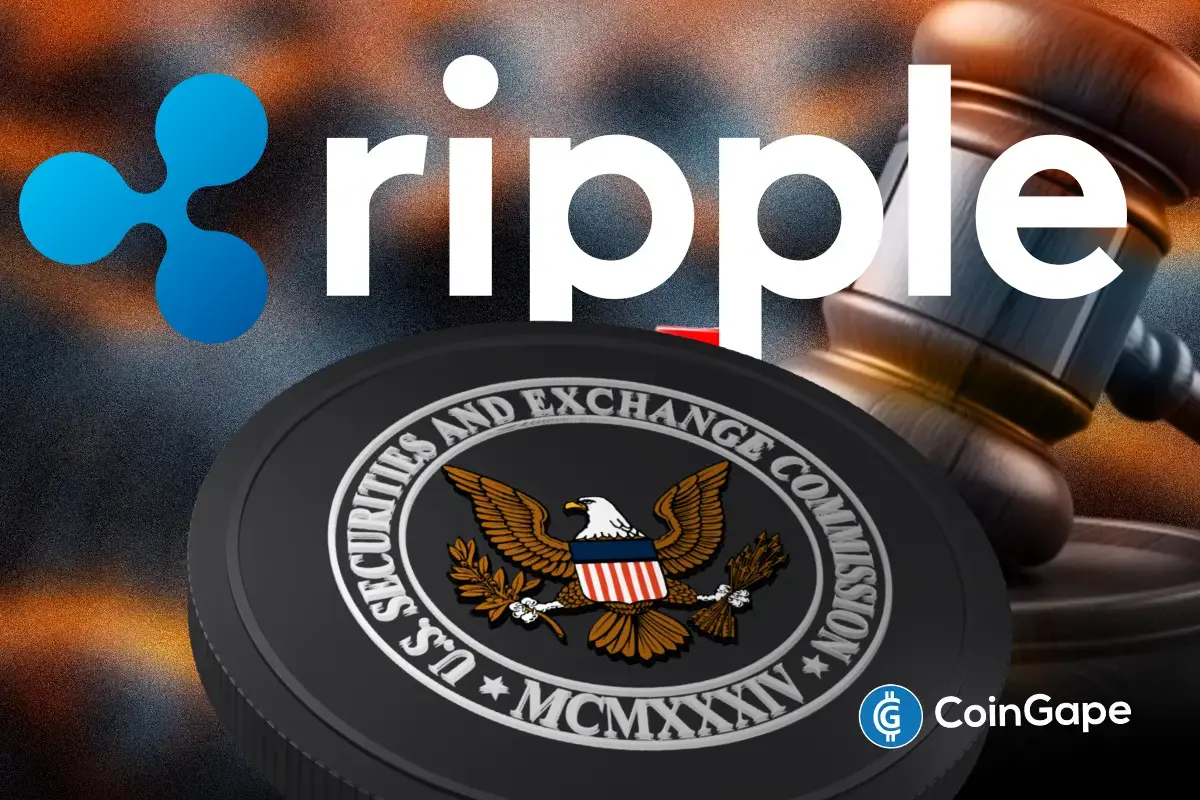


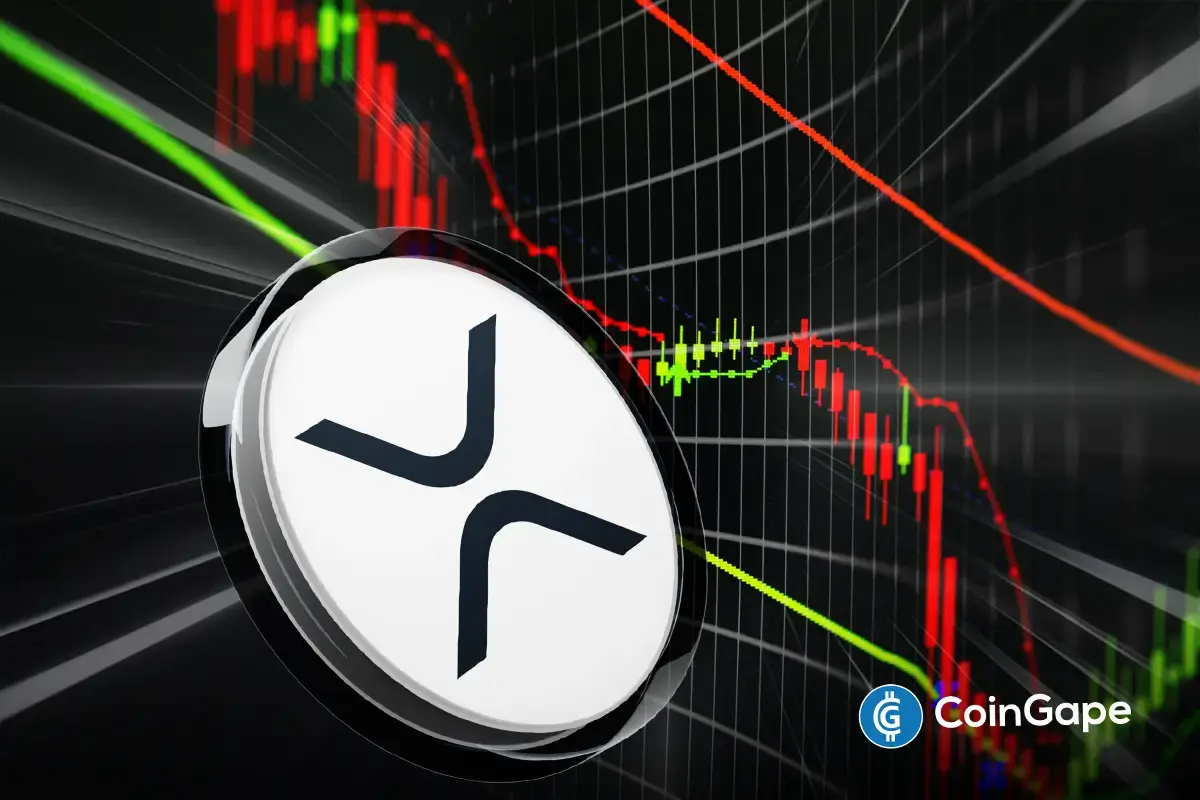










✓ Share: